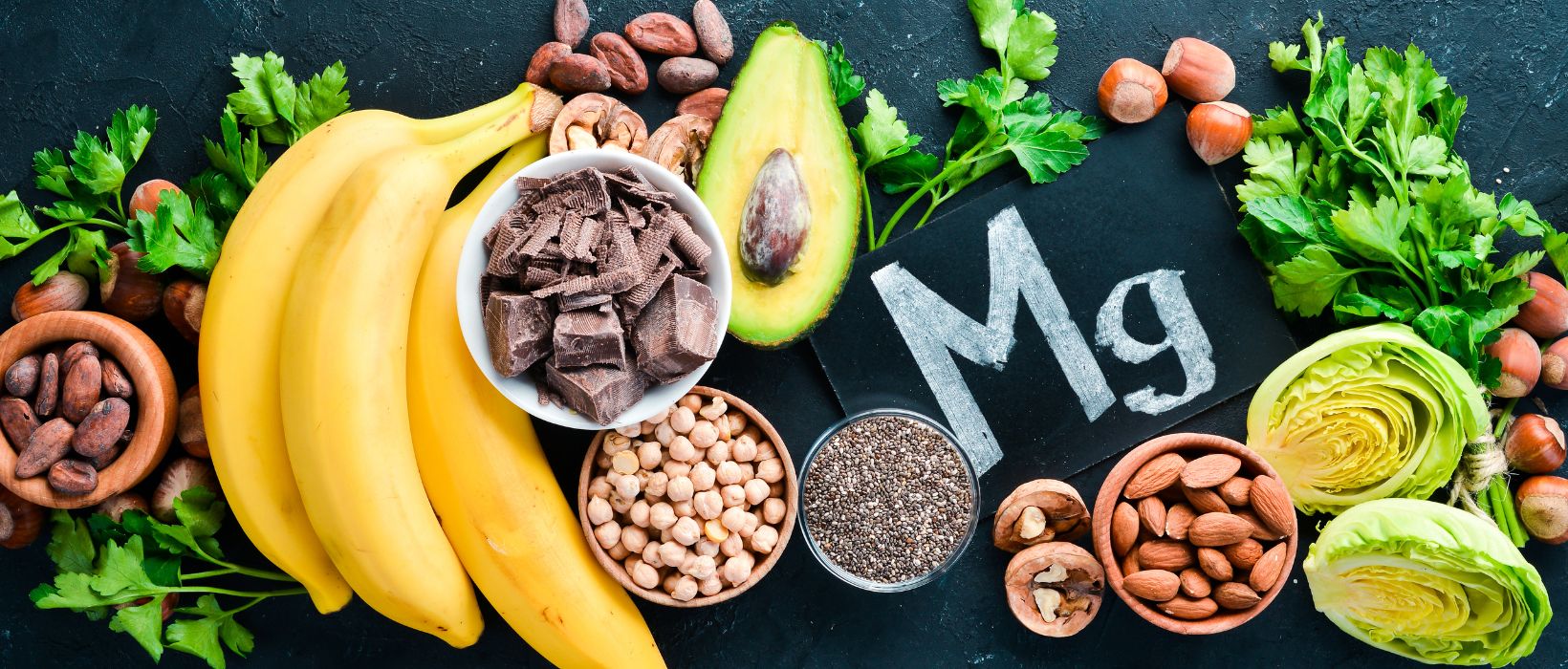
Anxiety, with its pervasive grip on mental health, affects millions worldwide. While various treatments exist, from therapy to medication, exploring natural remedies can be beneficial. One such remedy gaining traction is https://www.patchmd.com/how-long-does-it-take-for-magnesium-to-work-for-anxiety-your-guide-to-finding-relief.htmlmagnesium supplementation. Magnesium, an essential mineral involved in numerous bodily functions, has shown promise in alleviating anxiety symptoms.
Research suggests that magnesium deficiency may contribute to anxiety disorders. Magnesium https://www.patchmd.com/how-long-does-it-take-for-magnesium-to-work-for-anxiety-your-guide-to-finding-relief.htmlplays a crucial role in regulating neurotransmitters and stress response pathways within the brain. Low levels of magnesium have been linked to increased levels of stress hormones like cortisol, which can exacerbate anxiety.
Incorporating magnesium-rich foods into your diet is a simple yet effective way to boost your intake. Foods such as nuts, seeds, leafy greens, and whole grains are excellent sources of magnesium. However, if dietary changes aren’t sufficient, magnesium supplements are readily available.
When choosing a magnesium supplement, opt for forms that are easily absorbed by the body, such as magnesium glycinate or magnesium citrate. Start with a low dose and gradually increase it as needed, under the guidance of a healthcare professional.

Another method of harnessing magnesium’s anxiety-reducing effects is through transdermal absorption. Epsom salt baths, which contain magnesium sulfate, can promote relaxation and alleviate muscle tension, thereby reducing overall anxiety levels.
Combining magnesium supplementation with other relaxation techniques can further enhance its efficacy. Practices such as mindfulness meditation, deep breathing exercises, and yoga can complement magnesium’s calming effects, promoting a holistic approach to anxiety management.
It’s important to note that while magnesium can be beneficial for anxiety, it is not a standalone treatment. For severe or persistent anxiety, it’s essential to seek professional guidance and consider a comprehensive treatment plan that may include therapy, medication, and lifestyle modifications.
Harnessing the power of magnesium for anxiety management involves incorporating magnesium-rich foods, considering supplementation, and exploring relaxation techniques that complement its effects. By integrating magnesium into your routine alongside other anxiety management strategies, you can take proactive steps towards improving your mental well-being.







